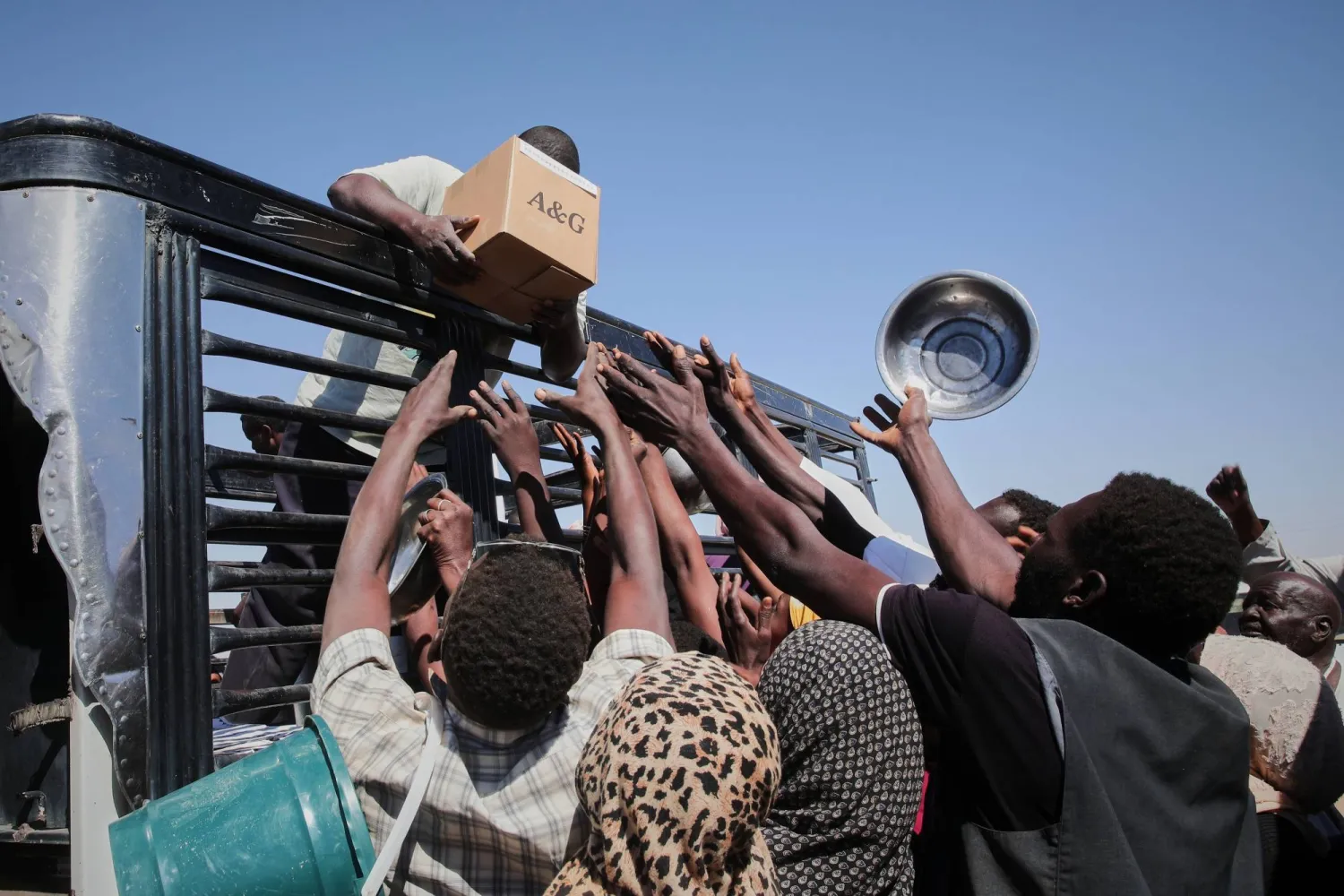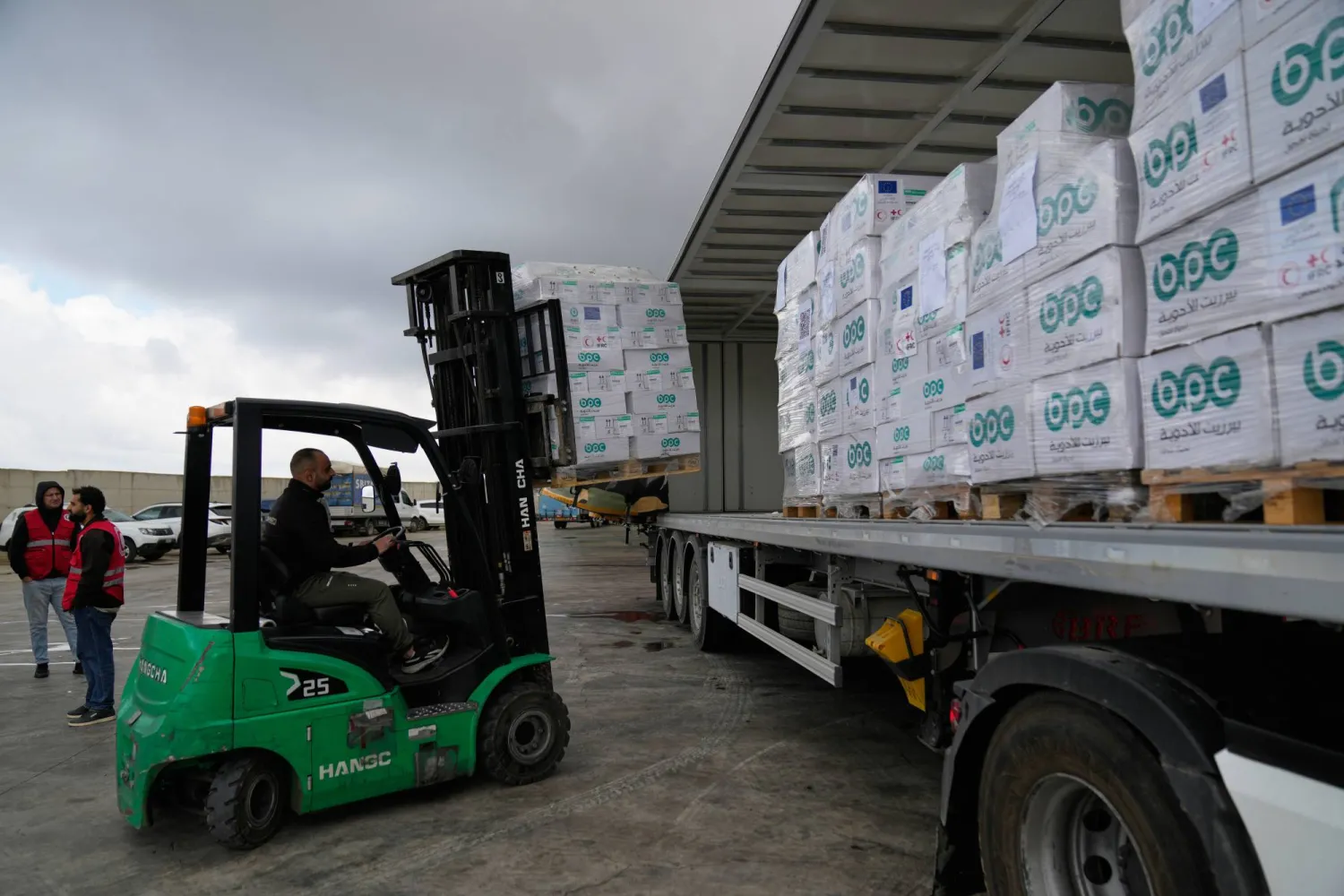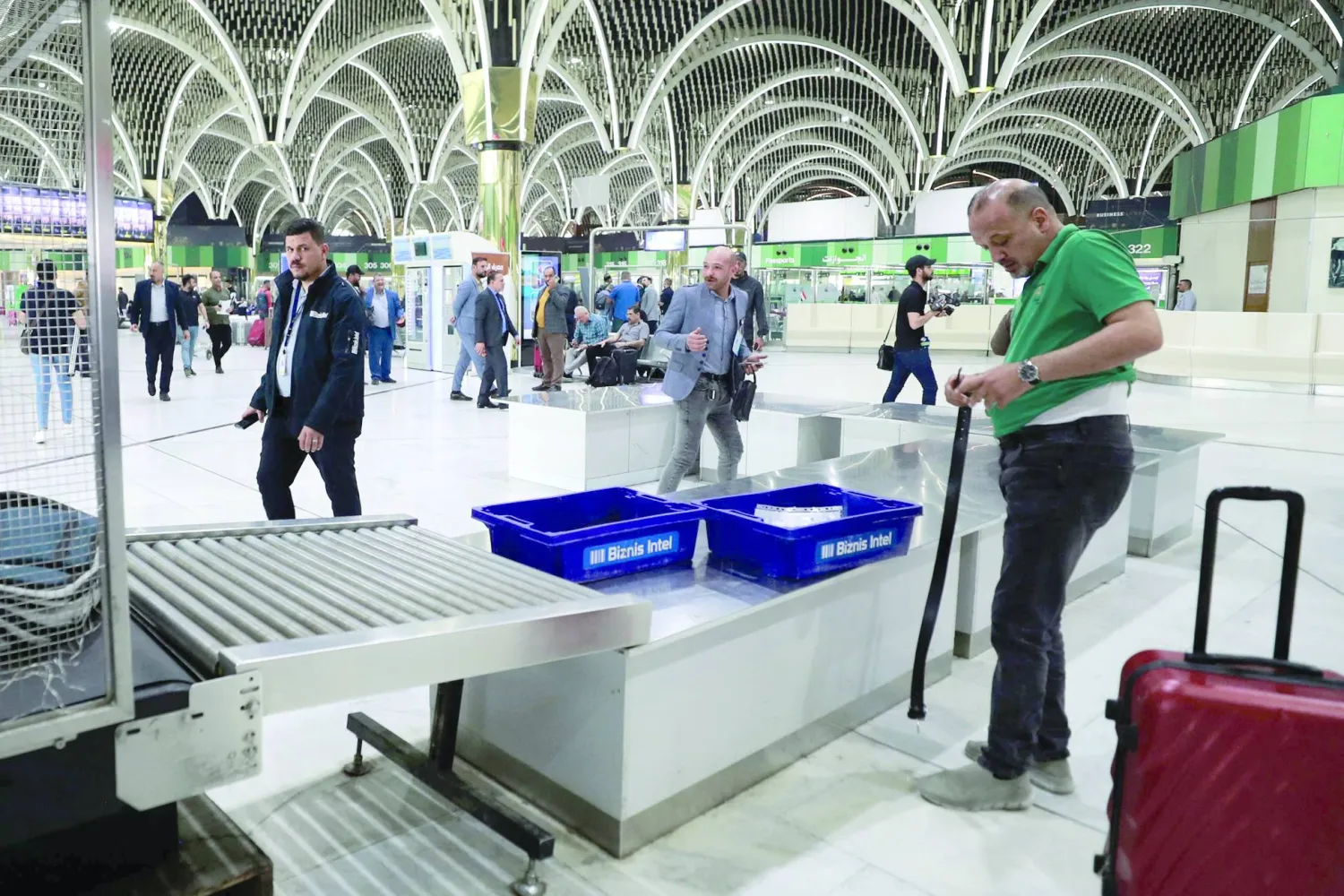Lebanese Prime Minister-designate Najib Mikati revealed to Asharq Al-Awsat that US mediation efforts for Lebanon and Israel to demarcate maritime borders has “not yet reached” an agreement, denying reports of a Lebanese-Israeli agreement on this controversial file.
Mikati also urged the international community to help “facilitate” the election of a successor to President Michel Aoun, whose term ends on October 31.
According to Mikati, Lebanon, with all its suffering, cannot bear the brunt of another crisis.
Mikati spoke to Asharq Al-Awsat on the sidelines of the 77th annual session of the United Nations General Assembly in New York.
Speaking about US mediation over the demarcation of the maritime borders between Israel and Lebanon and the leaks about reaching an agreement, Mikati said: “The issue is not very clear.”
Mikati linked the matter to Aoun, who had appointed ex-minister Elias Bou Saab to head the demarcation file and deal with the US mediator, Amos Hochstein.
“I haven't heard anything yet. I hope this news is true and leads to positive steps towards ending the matter,” said Mikati about rumors on Lebanon and Israel having reached a settlement to demarcate maritime borders.
Mikati revealed that he had met with Hochstein, who “informed” him of some steps which he “considered positive, but not final yet.”
Moreover, Mikati, in his meetings with officials in New York, stressed the need for the international community to make all the necessary contacts to facilitate the election of a president for Lebanon.
He added that although electing a president will not end the crises sweeping Lebanon but would reduce the negativity surrounding the Mediterranean nation’s situation.
Moreover, Mikati acknowledged that the political situation in Lebanon is “ambiguous.”









